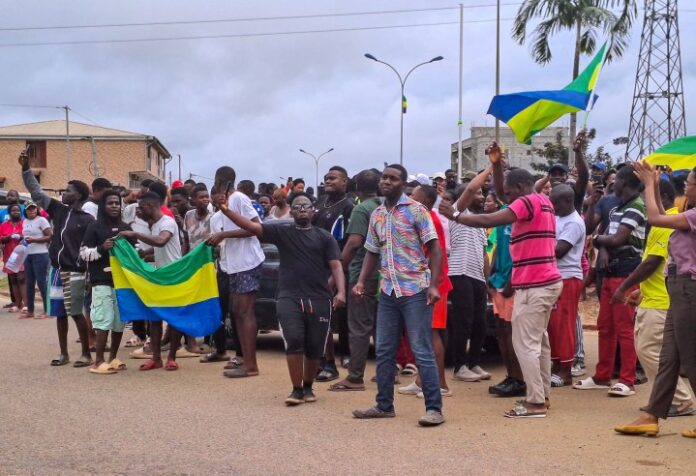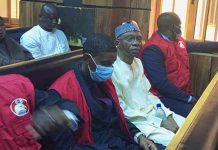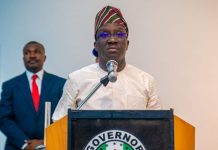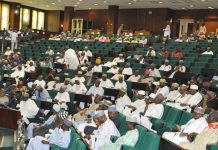On Thursday, African leaders were working on a reaction to military in Gabon who deposed President Ali Bongo and installed a general as head of state, the latest in a spate of coups in West and Central Africa that regional forces have failed to reverse.
The revolt brings an end to the Bongo family dynasty’s nearly six decades in power and creates a fresh conundrum for a region that has dealt with eight coups before 2020. Nigeria’s newly elected president referred to it as a “contagion of autocracy.”
The Economic Community of Central African States (ECCAS), Central Africa’s political organization, condemned the coup in a statement, saying it planned a “imminent” summit of heads of state to decide how to respond. It did not provide a date.
The African Union’s Peace and Security Council will convene on Thursday to address the coup, according to a representative for the African Union Commission chair.
Nigerian President Bola Tinubu, who was sworn in in May and currently chairs the West African bloc ECOWAS, said on Wednesday that he was working closely with other African leaders to prevent what he called a “contagion of autocracy” sweeping across Africa.
Senior officers in Gabon proclaimed their coup before daybreak on Wednesday, only hours after an election commission concluded that Bongo had easily won a third term during Saturday’s poll.
Later that day, a video surfaced showing Bongo trapped in his home, pleading with diplomatic supporters for assistance while seemingly unconscious of what was going on around him. The officers also stated that General Brice Oligui Nguema, former chief of the presidential guard, had been appointed as head of state.
The coups in Mali, Guinea, Burkina Faso, Chad, and Niger in the last four years have erased democratic achievements made since the 1990s, creating concerns among foreign countries with regional strategic interests. The coups also demonstrated African states’ limited leverage once the military takes charge.
Following a coup in Niger on July 26, ECOWAS threatened military action and issued sanctions, but the junta has not backed down. Military authorities in other countries, such as Mali, have also resisted international pressure. They have managed to maintain power, and some have even won popular support.
Hundreds of people came to the streets of Gabon’s capital, Libreville, to celebrate Wednesday’s coup. On Thursday, the city was calmer as people returned to work, while security officers were stationed at major crossroads and thoroughfares.
Bongo’s popularity has dwindled amid allegations of corruption, bogus elections, and a refusal to spend more of Gabon’s oil and mineral resources on the needy. After the death of his father, Omar, who had reigned since 1967, he took over in 2009.
The African Union, former colonial power France, the United States, Canada, and the United Kingdom have all expressed alarm about the coup. They have not, however, made explicit calls for Bongo’s reinstatement.
The European Union’s foreign policy leader, Josep Borrell, said the election was riddled with anomalies and that the EU opposed the seizing of power by force.
“Gabon’s challenges must be addressed in accordance with the principles of the rule of law, constitutional order, and democracy,” he stated.
A paucity of international observers, the suspension of some foreign broadcasts, and the authorities’ decision to cut internet service and enforce a nighttime curfew following the poll raised questions about the vote’s transparency.
Join Television Nigerian Whatsapp Now
Join Television Nigerian Facebook Now
Join Television Nigerian Twitter Now
Join Television Nigerian YouTUbe Now





